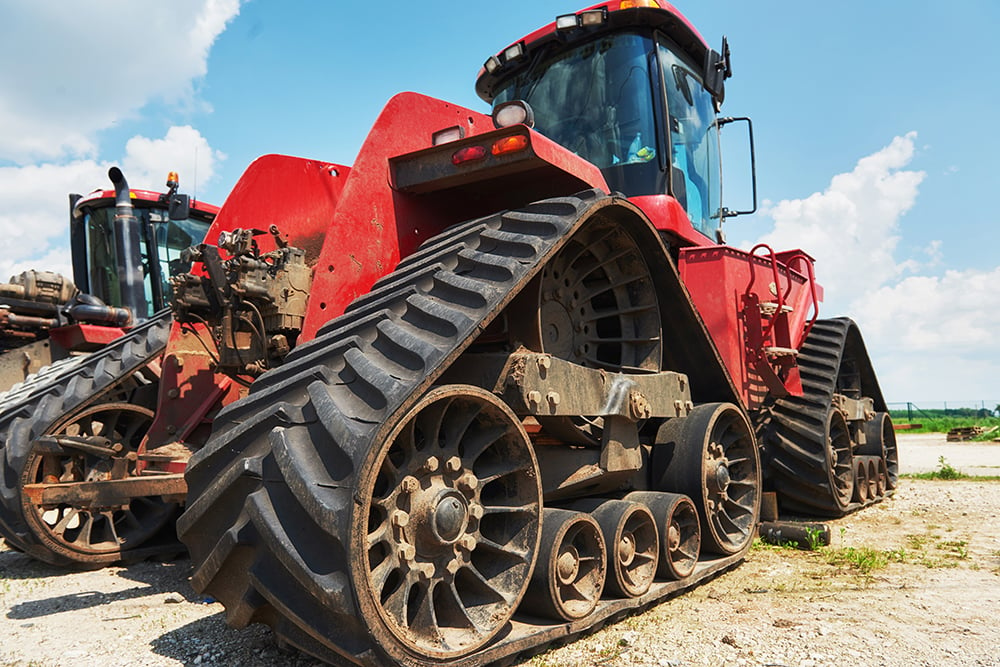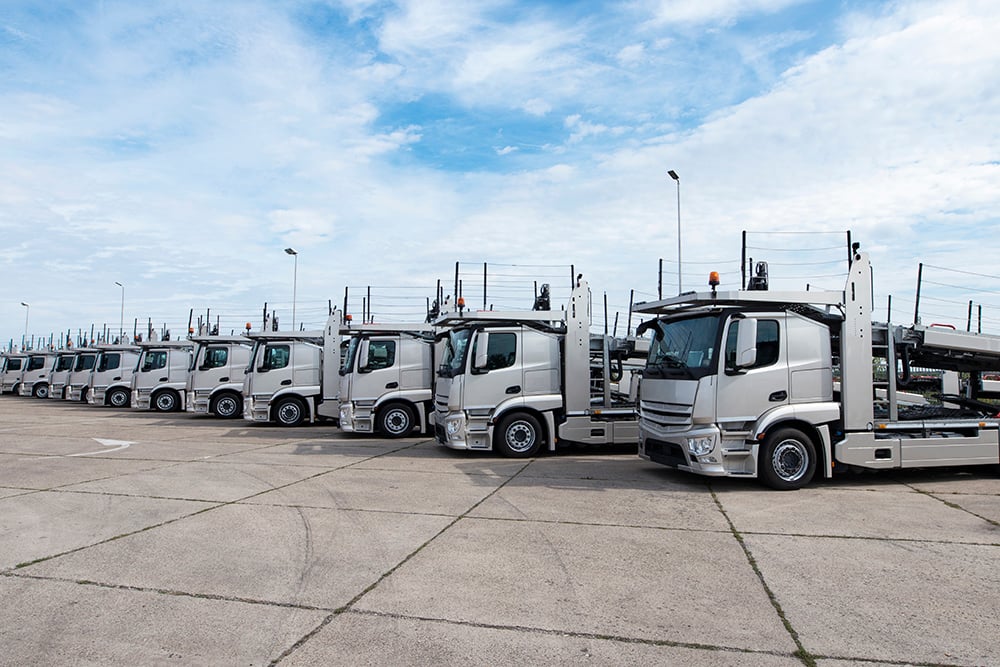
If you are a business owner who has a lot of equipment operating every day from a production perspective, why not consider maxing out its working potential by tapping into its other benefits? Ownership has many perks, including the ability to turn hard-earned equity into cash. Gaining access to working capital will allow you to invest in other areas of your business, such as expanding personnel or buying more machinery to handle growth needs.
Although industrial machinery and heavy equipment (M&E) will depreciate over time, as opposed to land and buildings, they continue to hold significant value through the years, as long as they are well maintained. If you paid cash for them, or your initial loans have been satisfied, even if they are fully depreciated on your books, the actual market value of these assets can be determined and used as the basis for new debt that results in a significant cash infusion for your business.
When you begin working with a bank or other financial institution, take the time to develop a detailed listing of all your M&E, while providing access to your original purchase documentation, if required. The most important data to list out would be the general description year, make, model, and serial number (or VIN) for each item. Specifications such as production capacity, size, length, tonnage, or any important capabilities will be useful.
You and your preferred lending facility can work together to begin the process of developing estimate values for all the M&E while understanding the requirements of getting approved for your working capital loan. Keep in mind the bank is investing in you and your company, while taking a lien against the equipment as collateral, therefore, it will be important for them to become comfortable with the transaction. Most lenders will approve a certain percentage of Fair Market Value or look at more conservative liquidation values as the driver of the loan amount.
An important next step will be to engage with an experienced, accredited machinery and equipment appraiser, who can independently support the value of your assets. They will research the industry and develop opinions of value at various resale levels in the market while utilizing sources who are involved with the sale of new and used machinery. The lender may allow you to arrange for the appraisal directly or prefer to handle it themselves. In either situation, you will need to participate throughout the process, to ensure the appraiser has the optimal amount of information to best understand the history and current status of your M&E.
This type of unbiased report will independently verify a reasonable value for all your M&E, so you can get approved for that working capital loan your company needs to continue to grow and be successful today and for years to come.


